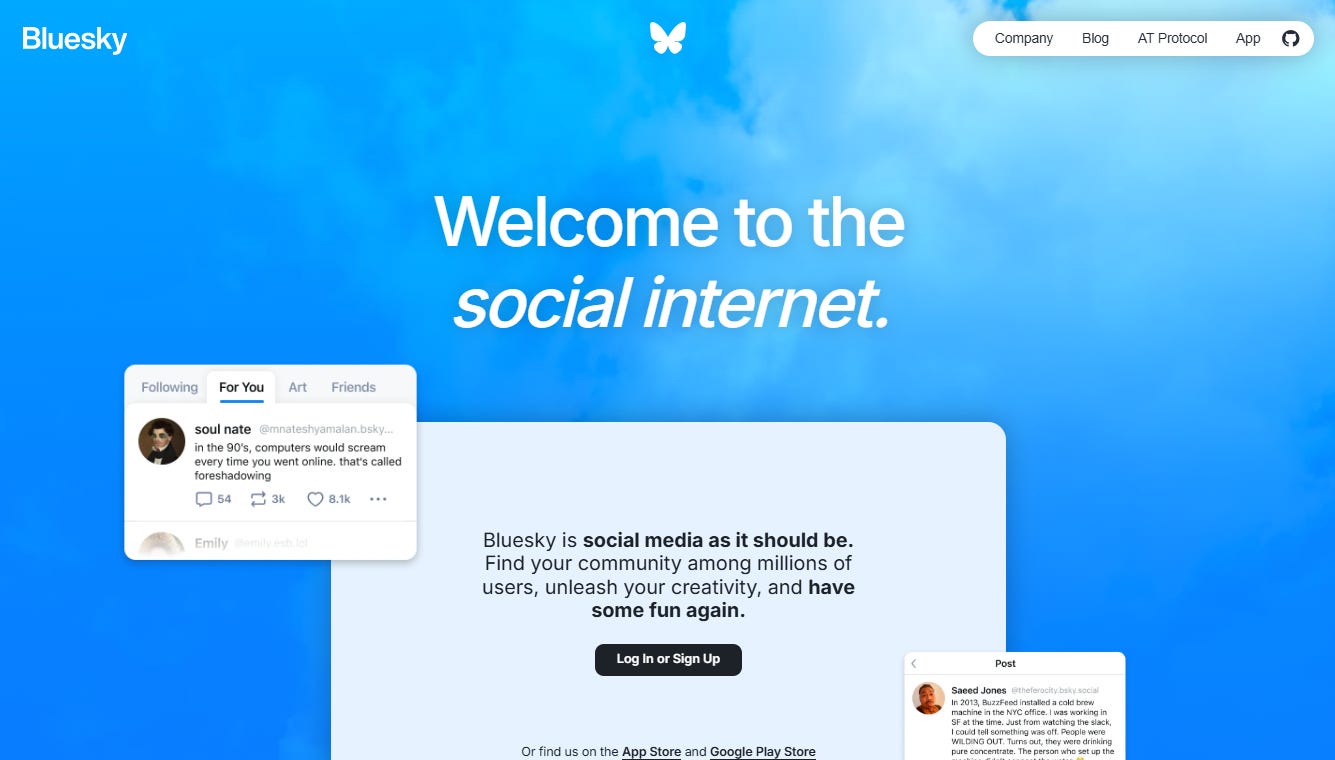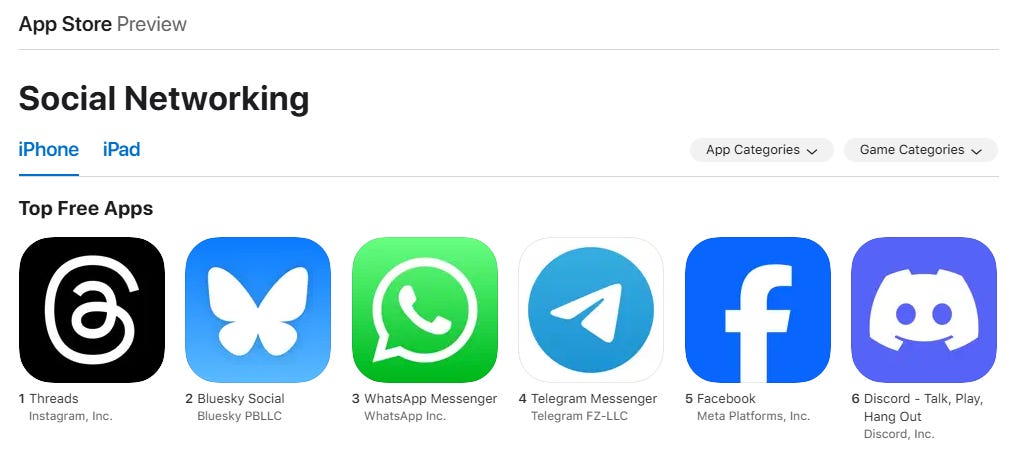Can BlueSky Compete with Elon Musk's X Platform?
Exploring the Buzz Around the Decentralized Social Media Revolution
If you've scrolled through your social media feed recently, you might have stumbled upon mentions of “BlueSky.” Perhaps you paused, wondering what all the fuss is about. What makes this platform a rising star, and does it have what it takes to challenge Elon Musk's X (formerly Twitter)? Let’s dive into the story of BlueSky—its origins, purpose, and the possibilities ahead.
What is BlueSky?
BlueSky positions itself as “the social media platform as it should be.” At a glance, it feels reminiscent of Twitter’s heyday, offering features like posting thoughts, photos, and videos, along with liking, commenting, and resharing. Its interface—familiar yet fresh—hosts core functionalities such as a home feed, search, and notifications.
But here’s the catch: BlueSky’s most defining feature is its decentralized nature. Unlike traditional platforms where user data is stored in a centralized server owned by a company, BlueSky lets users opt for personal servers, granting them control over their data and identity. For now, most users stick with the default .bsky.social handle, but the option for greater autonomy is a game-changer for the privacy-conscious.
Who Created BlueSky?
Surprise: BlueSky has roots in Twitter itself. Jack Dorsey, Twitter’s former CEO, envisioned BlueSky as a decentralized counterpart to the platform. Initially incubated within Twitter, the project sought to provide an alternative model for social media, where no single company or individual could monopolize the experience.
Today, BlueSky operates as a public benefit corporation in the U.S., led by Jay Graber, the current CEO. While Dorsey has since stepped away from the project, his foundational vision still drives the platform’s ethos.
Why the Sudden Interest in BlueSky?
Though BlueSky has been in development since 2019, it operated in invite-only mode until earlier this year. This exclusivity, combined with its philosophical commitment to decentralization, created a buzz in the tech-savvy community. But why now?
The surge in user adoption—over 16.7 million and growing—is not coincidental. A confluence of factors, including dissatisfaction with X, political shifts, and concerns over data privacy, have nudged users toward exploring alternatives.
Elon Musk’s involvement in U.S. politics, coupled with controversial policies and moderation strategies on X, has alienated portions of its user base. Media outlets like The Guardian have labeled X a "toxic platform" and ceased posting there altogether. Meanwhile, BlueSky has emerged as a breath of fresh air, even topping download charts in regions like Europe.
A Haven for the Disillusioned?
High-profile endorsements have further fueled BlueSky’s appeal. Celebrities like Lizzo and TV personality Greg Davies have publicly joined, signaling a cultural shift away from X. This momentum isn’t just about escaping a platform—it’s about finding a space aligned with evolving user values, such as transparency and control.
How Does BlueSky Plan to Make Money?
Here’s the million-dollar question—or perhaps the multi-million-dollar one. Unlike X, which has historically relied on ad revenue, BlueSky envisions a different approach. Future revenue streams may include paid services, such as custom domain-based handles (e.g., @username.bbc.co.uk). This could enhance verification processes and lend credibility to users without relying on ads.
This strategy aligns with BlueSky’s decentralized ethos, avoiding the pitfalls of intrusive advertising. While this is promising, it’s worth noting that monetization challenges are not new to social media startups. Even Twitter struggled to turn a profit consistently before Musk’s acquisition.
Can BlueSky Sustain Its Growth?
BlueSky’s growth trajectory is impressive but nascent. With millions joining every month, the platform faces technical and scalability challenges—a common growing pain. Its decentralized model, while innovative, also demands user education and a robust infrastructure to support mass adoption.
Meanwhile, X remains a formidable competitor, boasting a vast user base and deep pockets, thanks to Musk’s $44 billion investment. Whether BlueSky can match X in terms of scale and influence depends on its ability to innovate while staying true to its founding principles.
The Road Ahead
As of now, BlueSky is a platform with immense potential, but its journey is just beginning. To dethrone X or even coexist as a meaningful alternative, it must navigate complex challenges—scalability, monetization, and user retention among them.
In a world increasingly wary of centralized control and privacy breaches, BlueSky’s decentralized promise strikes a chord. Whether it can deliver on that promise remains to be seen. But one thing’s for sure: the social media landscape just got a lot more interesting.
What do you think about BlueSky? Is it the future of social media or just another fleeting trend? Let’s discuss in the comments!








